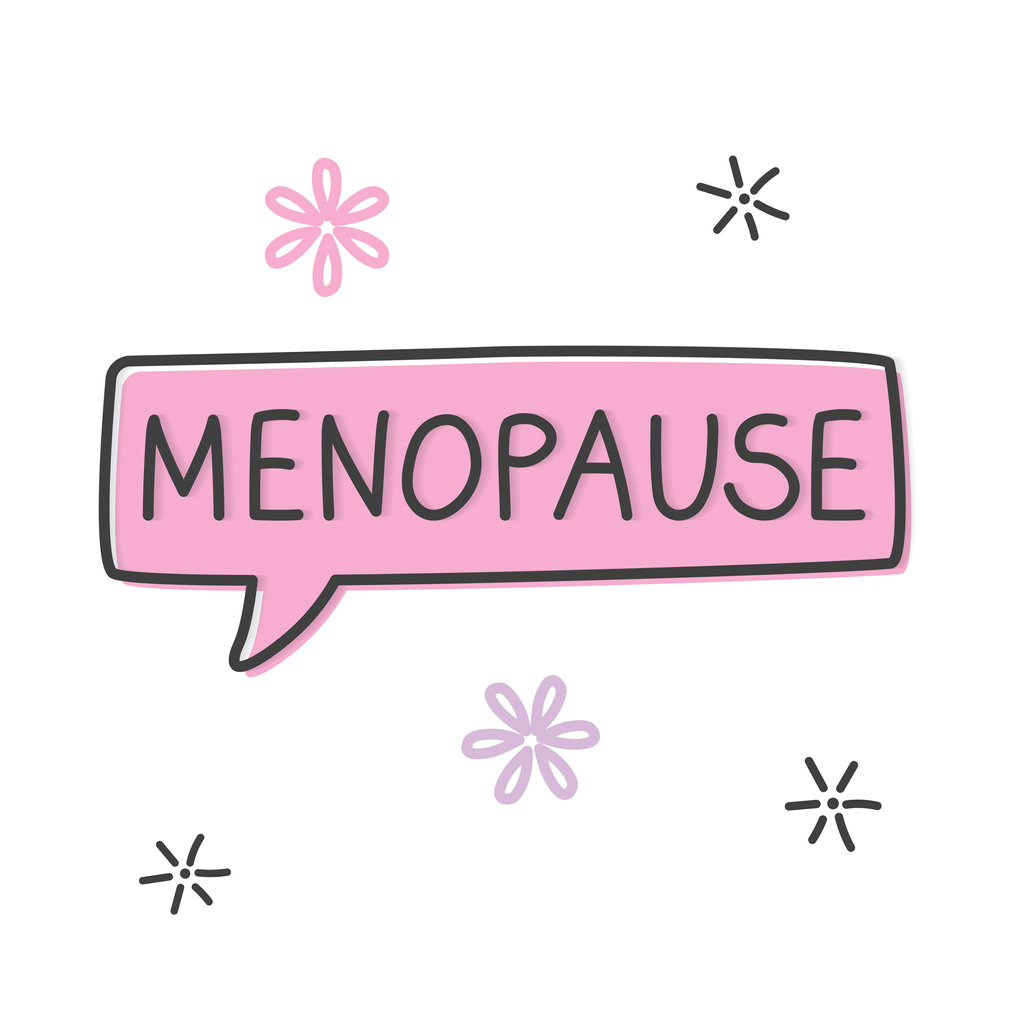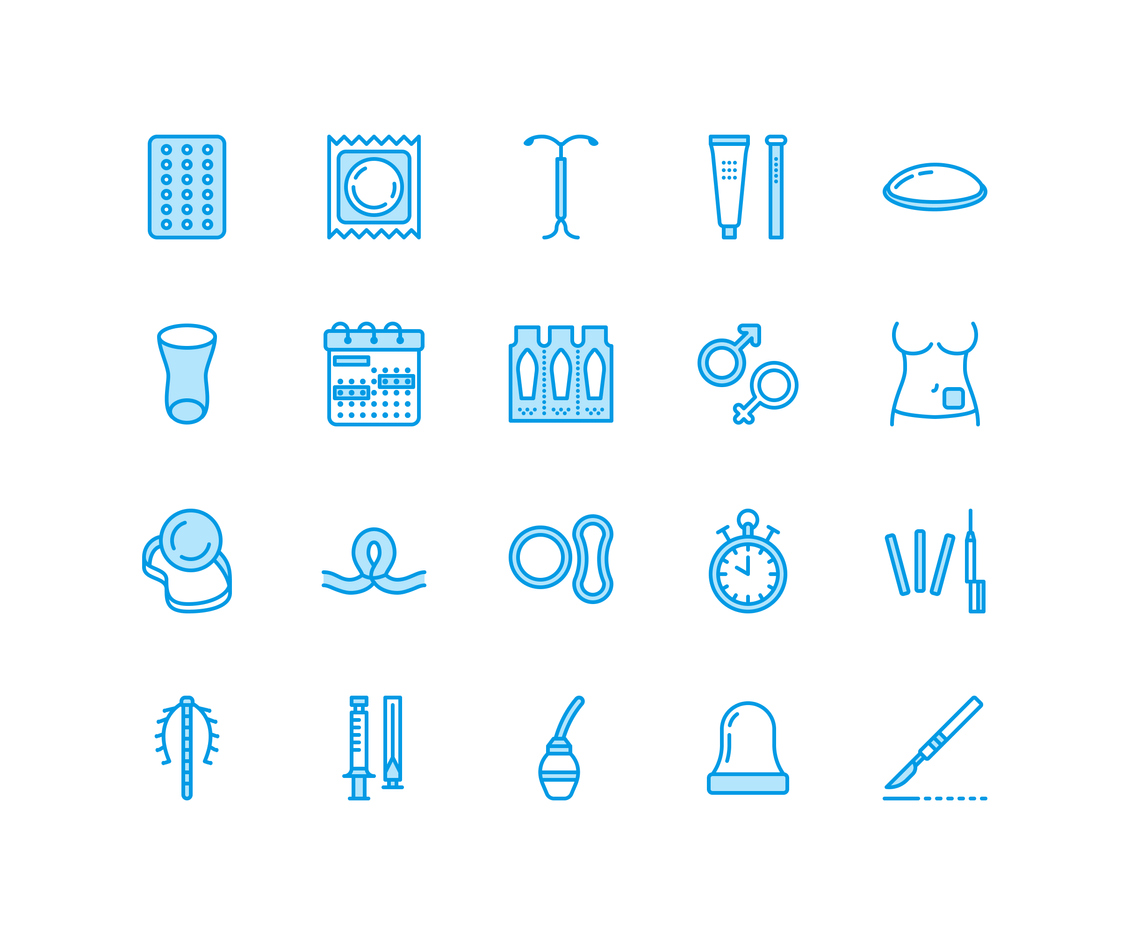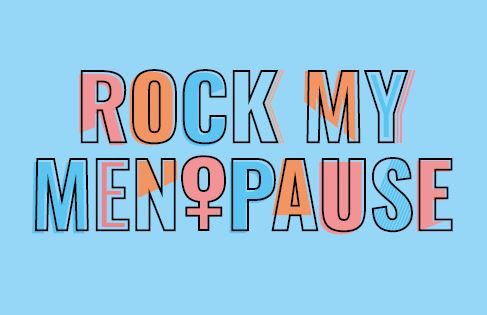Contraception if you're aged over 40
If you’re aged over 40, you may have different health profiles to younger people and so may have different contraceptive needs. As you get older, there are increased risks of some conditions related to your contraceptive choices.
All but two forms of contraception have no age restrictions, however, the age related benefits and risks of each method can change with age.
Also, once over the age of 40, you may need to control symptoms of the perimenopause and take Hormone Replacement Therapy (HRT). It is really important to know that HRT does not act as a contraceptive.
Perimenopause and menopause
Menopause
The menopause refers to the stopping of ovulation and periods. This is normally diagnosed clinically once periods have stopped for 12 months. Bloods tests are not usually required.
Perimenopause
The perimenopause is a period of fluctuating hormone levels and is the transition period from normal ovarian function to stopping of ovulation and periods. It starts before menopause and ends 12 months after the last period.
It typically starts mid to late 40s and lasts 4-5 years. Taking hormonal contraception does not affect when the perimenopause starts or how long it lasts.
The symptoms of the perimenopause include:
- Hot flushes, night sweats, mood changes, mood swings, anxiety, depression, sleep disturbance, chronic tiredness, joint/muscle pain, changes in severity of pre-existing migraines, loss of libido, vaginal dryness, change in bleeding patterns.
While a change in bleeding is a symptom of the perimenopause, it is important to note that if a person experiences any significant change in bleeding pattern over 40 years of age, they should seek advice from their GP.
What contraception can I use?
No method of contraception needs to be avoided due to age alone.
Once you reaches 50, combined hormonal contraceptives and the progestogen-only injectable contraceptive are not recommended.
The progestogen-only pill, progestogen-only implant, hormonal IUD, and the copper IUD can all safely be used until the age of 55 – when natural loss of fertility can be assumed.
In addition emergency contraception is not limited by age (and is still required for as long as contraception is required).
Some methods of contraception will also provide non-contraceptive benefits, such as period control.
When should I stop taking contraception?
In general you can stop contraception either:
- 1 year after your last period – if over 50 years old,
- 2 years after your last period – if under 50 years old, or
- when you reach 55 years of age.
Some people using progestogen-only contraception have no periods due to the effect of their contraceptive. This can make it difficult to know their menopausal status.
In this situation it is acceptable to simply continue contraception to age 55 years. For those who are keen to stop contraception prior to 55, it may be helpful to do a blood test with your local GP. If this indicates menopause then you should be advised to continue contraception for another year, if aged over 50, before stopping.
Copper IUDs can remain in place until menopause, or age 55, if it has been inserted at or after age 40.
Some hormonal IUDs can remain in place for contraception until menopause, or age 55, if inserted at or after age 45.
Can contraception be used with or instead of HRT?
It is important to understand that contraception should be maintained alongside sequential HRT if perimenopausal, or menopausal status is unknown.
Progestogen-only contraceptives are safe to use as contraception alongside sequential HRT
Combined hormonal contraceptives can be used, in eligible people under 50, as an alternative to HRT for relief of menopausal symptoms and these may provide some bone protection.
Where can I get more advice?
You can get more advice about the different forms of contraception on our site.
There are also some great resources for finding out more about the menopause including Rockmymenopause, or check out the information and resources on our menopause pages or via the NHS
Your GP will also be able to offer you advice and guidance on everything from ageing well, to contraception or managing the menopause.
You can also book an appointment via the telephone or online by registering for a Personal Health Record (PHR) to discuss your contraceptive needs or sexual health with our specialist team.




